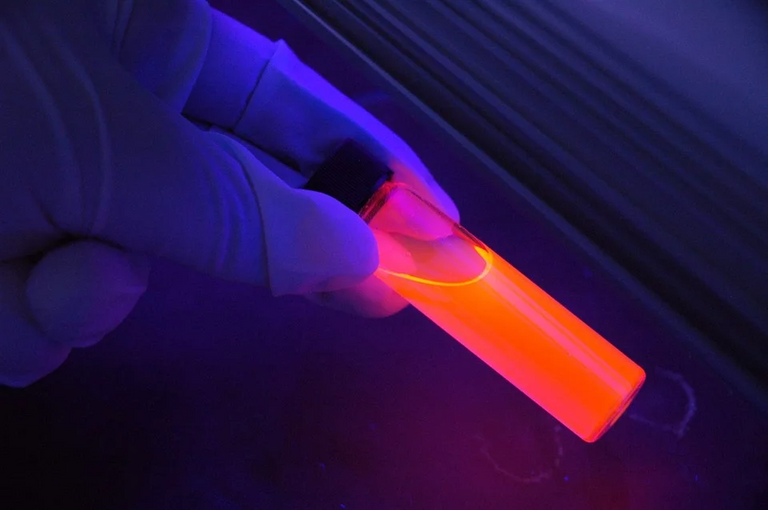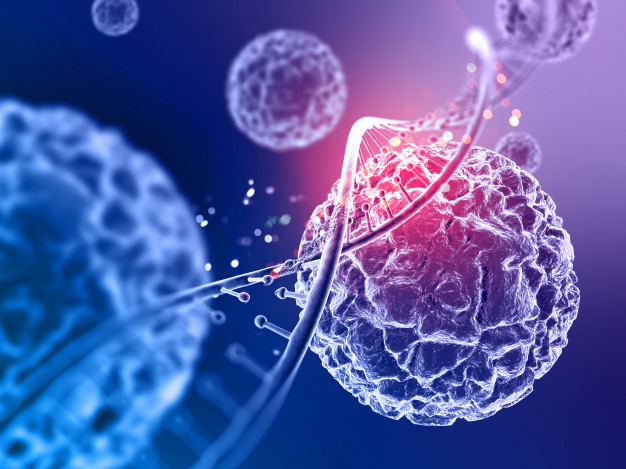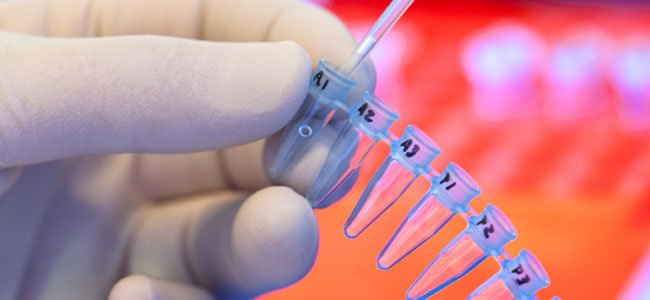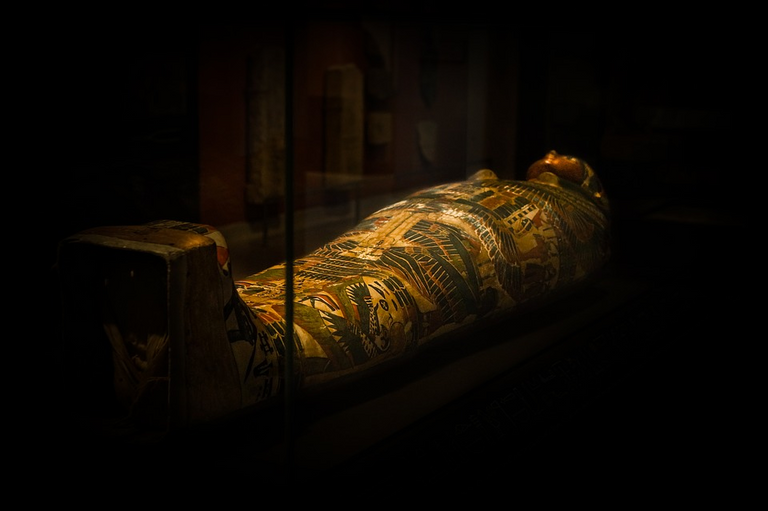This is the third installment of a series of publications that I have brought with me in order to provide easily digestible information on a subject that can be complex to understand but which has undoubtedly allowed advances in many aspects, uniting the most advanced and meticulous technology with biology, namely Biotechnology.
In this opportunity we are going to learn about the most outstanding uses of biotechnology in the area of forensic medicine.

In general, it serves in the investigation process to identify victims but also criminals, making studies of the bodies, or objects involved in any crime scene (surely that famous TV series came to mind).
To a large extent, what they show in this famous series is true, but there are some nuances that should be clarified, since one thing is the time on television and quite another the time that all these processes in the laboratory require.
I mentioned earlier that any cell of a person has all the information necessary to identify it, since that is where all its physical characteristics are arranged in the form of genes. And for each of us, regardless of the more than 7 billion inhabitants that the world has, there is no one that is the same.
When a crime occurs, and by simple sight or by means of videos it is not possible to arrive at information that leads to the executor of that one, it is when the forensic science takes on a great importance, in the collection of samples and later analysis of the DNA to be able to determine if a certain person is guilty or innocent of an action for which he is being blamed. That is something to emphasize, which not only works to verify guilt but also innocence.
Well, then, when you have samples you take them through a process that I have described earlier in the past post, you submit these samples to PCR or gene amplification testing, with the intention of converting it into millions of samples from one or two, and once you get the results of this amplification, you submit it to automated comparisons with artificial intelligence with the intention of searching a DNA database that part of the governments of the world are creating, with the intention of quickly identifying any person. What about?... film, right?...
But these processes are slow, it is not something that can be done as they do in the series, in a matter of hours they already collect samples, process, collate, *in real life the process is very slow, of weeks and even months.
Another important use of DNA biotechnology is in the identification of the kinship of historical figures, if it is possible to have a viable DNA sample of some mummy, for example, it is possible to determine how it was physically, what diseases it had the possibility of suffering, if the mummies that are found in the same sarcophagus have some family relationship or not, to discover from that what type of sex the individual had and much more.
I must also emphasize that not only blood has important information to obtain information from someone, in the same condition of providing information is the semen, the tears - I clarify that they are not cells, but they can possess them -, also the saliva, some cells that are detached from the skin, which occurs frequently.
As you can see, DNA analysis opens up a world of opportunities for discovery, even more so with gene amplification, now, I particularly wonder:
If you were to isolate DNA from a dinosaur, would it be possible to reproduce it? Would you have done this already?
I'm left with the question, are you?
Thank you for your reading.




